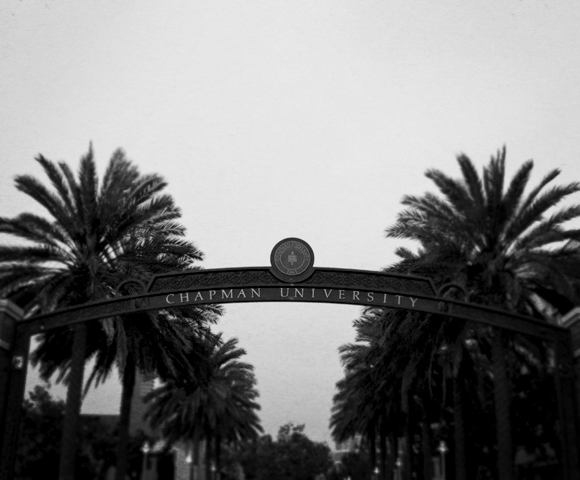Into the Archive the impact of primary sources on the classroom experience
September 25, 2016
Each time I teach the
Introduction to Digital Humanities
(ENG 484/584) course the students tell me that their favorite experience is the day we spend in the Center for American War Letters Archive, transcribing primary source documents. The power of holding tangible historical objects overpowers any abstract discussion we have about scholarly practices or any enthusiasm that the students have about emergent digital tools.
This year is no exception. Here are some excerpts from my students’ letters:
From
Lightbulbs and Switches
:
The letters I received were a WWII soldier, Cletus, to his wife and child, and a Vietnam soldier, Larry, to a woman in California. It felt eerie being privileged to a personal moment of their lives and made me question the ethics of my presence and intrusion, whether the letters were donated or not. What right did I have to read something so personal? And yet, how fascinating and amazing it was to follow the thoughts of fellow Americans from different eras in a treacherous period of their lives. When my peer, Joanna, began to read the horrors of Cletus being attacked, we realized my letter was written the day before hers. The emotion and imagination flooded my senses again. I felt anguish. Pain. Sadness. People died between my letter and hers. I was reading the ink that was pressed to the paper the day before his fellow band of brothers died. It’s like I felt the collective spirit of these soldiers. And as my imagination ran, I felt my soul being strung like a harp. I didn’t like that feeling. But I didn’t want to stop, either. I wanted to stare into the letter, blur the letters and let time flow backwards…let me warn his company of what’s to come…
From
Explorations in Digital Humanities
:
From a logistical standpoint, the most frustrating aspect of the process, in my opinion, was deciphering handwriting. I, by no means, have a future as a handwriting expert. However, this helped me realize the nature of our transcription and digitizing process. The process we took part in allows others (students, teachers, scholars, etc.) to easily access and read the letter, so they may extract information from it that they deem valuable without having to deal with understanding difficult handwriting. By eliminating that obstacle, these letters become easily accessible artifacts of their time. The scholars may now focus on the historical aspects of the letter, such as the state of their camps, important military figures, and anything else they may deem important. I felt that the whole process was a crash course in creating meaningful contributions to the space of digital humanities: frustrating and somewhat tedious, but extremely rewarding.
This was by far my favorite class, thus far. While it’s meaningful to read and discuss contributions to the field in class, it was significant to me to try and contribute to it myself. I appreciated the opportunity to be hands-on, and hope there will be another chance to do a similar activity in the future.
And from
Katie Raterman
:
I was incredibly moved by how normalized the soldiers became to incredibly tragic experiences. For example, Cletus would rapidly switch between describing his breakfast to a line like, “the boys are out now counting the dead,” each written with the same steady tone. It was difficult to read as a civilian with no personal understanding of war because the letters very effectively showed how war is not only physically demanding, but also incredibly emotionally demanding.
Finally, from
ZKAPLANFILM
:
This week was one of the best homework assignment’s I’ve ever received in college. Holding these original historical documents in my own to hands was very moving and powerful for me. I’m a sentimental and nostalgic person, so the assignment was awe inspiring. Each letter impacted me, and I learned a lot about a soldier’s perspective in times of war and how a generation later we have similarities and differences in our writing…
What hit me deepest in one of Cletus’s letters was the the description about the unfair judgement he and his comrades face as American soldiers: “I hear we have a bad name in the states for being so blood thirsty”, “those people should be sent over here made to sleep in a fox hole this dark..” Each of his words have power behind them. “Let them go through the experience letting the Japs come in to surrender them when they are in close to our boys, drop a grenade in the group. I believe they would change their minds if they went through the first experience.”

As an instructor, I want to find more ways to bring my students to the archive, to create opportunities for them to interact with physical historical objects. Seeing their enthusiasm for this project reinvigorates my own passion for primary-source research.

